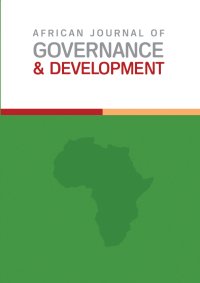Federalism, Military Legacies and the Restructuring Debate in Contemporary Nigeria
Main Article Content
Abstract
Overtime, federalism has become an attractive and acceptable political arrangement designed to govern multi-ethnic, multi-religious and multi-cultural societies such as Nigeria. It purports to cope with the twin objectives of maintaining unity, and preserving diversities. However, the intervention of the military in the body politic of Nigeria in 1966 disrupted an effective federal structure that brought much prosperity to Nigeria as a nation and its federating units in the country’s first republic between 1960 and 1966. This was replaced with a unitary, command and hierarchical structure which wholly define the nature and character of the military organization. Military governance system permeated the entire Nigeria’s political fabric, empowered the federal government to become ‘Almighty’ while it eroded the autonomy of the federating units in all its forms. It is against this background that this paper examines the restructuring debate in contemporary Nigeria within the context of the legacies of military regimes on Nigeria’s federal system. The paper argues that good governance and development can only be attained in Nigeria when the present lopsided federal arrangement is redesigned to allow for power devolution and
resource control in such manner that makes both the national and sub-national governments ‘independent and coordinate’ in the true sense of it. The mothodology of research is descriptive
while data for the study was collected through secondary source including books, journal articles, newspaper and internet materials, and subjected to critical analysis.
Article Details

This work is licensed under a Creative Commons Attribution-NonCommercial-NoDerivatives 4.0 International License.
